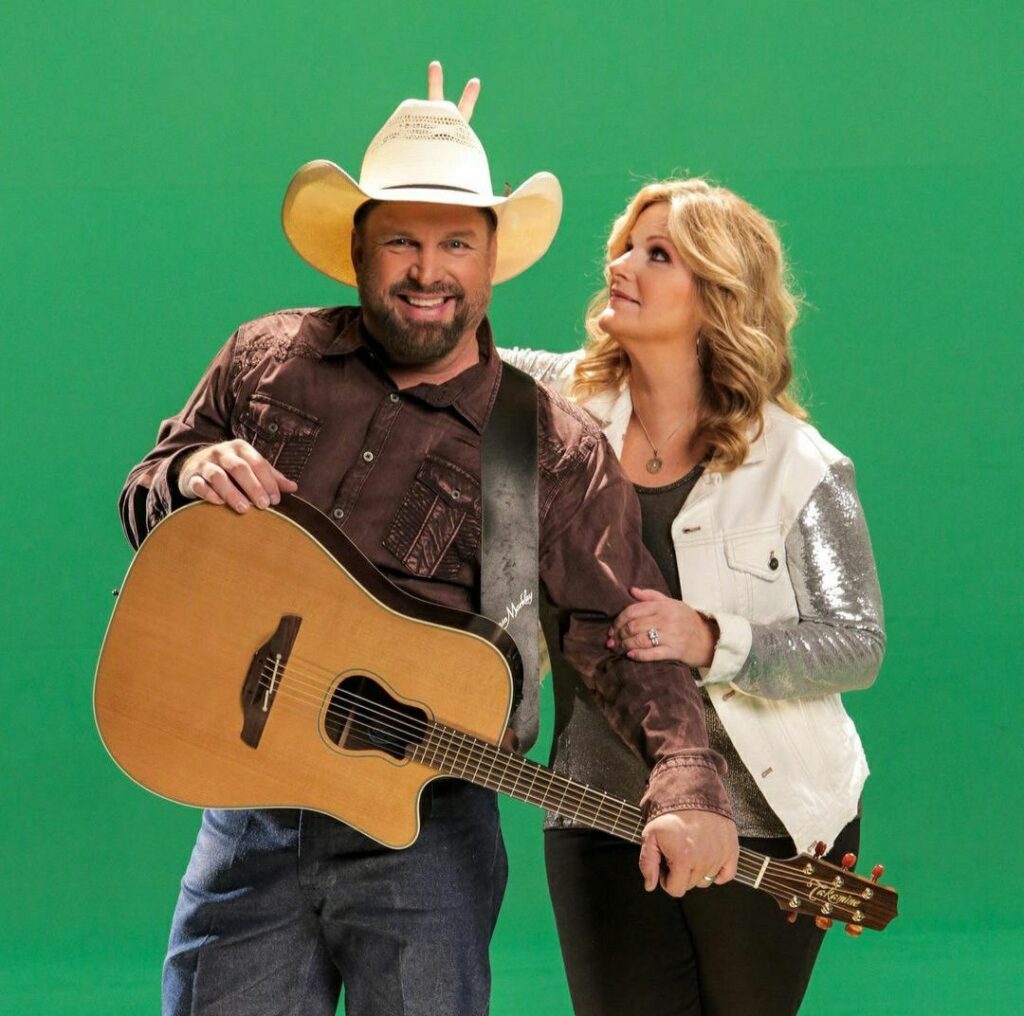
The Enduring Anthem of Everyman’s Camaraderie
Ah, Garth Brooks. Just hearing that name, doesn’t it bring a particular warmth to your heart? Like a comfortable old armchair or the scent of a crackling fire on a cool autumn evening. For many of us, especially those who came of age in the late 80s and early 90s, his music wasn’t just a soundtrack; it was the very fabric of our social lives. And among his many iconic hits, few resonate as deeply, or bring forth such a flood of shared memories, as “Friends in Low Places.”
When this song first burst onto the scene in 1990, it wasn’t just a hit; it was a phenomenon. Released as the lead single from his second album, “No Fences,” it quickly ascended the charts, reaching a triumphant number one on the Billboard Hot Country Songs chart on October 6, 1990, and holding that coveted spot for an impressive four consecutive weeks. It wasn’t merely a country success; its crossover appeal was undeniable, solidifying Garth Brooks’ position as a mainstream superstar and forever changing the landscape of country music. The album itself, “No Fences,” went on to become one of the best-selling albums of all time, further cementing the song’s legendary status.
But beyond the impressive chart statistics and sales figures, what truly makes “Friends in Low Places” an enduring classic is the story it tells and the sentiment it evokes. The song, penned by Earl Bud Lee and Dewayne Blackwell, is a timeless narrative of a man who, after being left at the altar or otherwise scorned at a fancy gathering, decides to retreat to the familiar comfort of his own kind – the “friends in low places.” It’s a defiant, yet utterly relatable, declaration of loyalty to one’s roots, to the people who truly understand and accept you, flaws and all.
Think back to those Friday nights. The local bar, maybe a dimly lit establishment with a jukebox perpetually humming in the corner. The clinking of glasses, the murmur of conversations, and then, suddenly, that unmistakable opening guitar riff. A hush would fall, then a collective cheer, and before you knew it, everyone was singing along, arms around shoulders, a sea of voices belting out every word. “Blame it all on my roots / I showed up in boots / And ruined your black-tie affair.” It wasn’t just a song; it was an anthem. It was permission to be ourselves, to embrace our humble origins, and to find solace in the company of those who never judged.
The meaning of “Friends in Low Places” runs deep. It’s about authenticity, about choosing genuine connection over superficial pretense. It’s a powerful message that reminds us that true wealth isn’t measured in material possessions or social standing, but in the strength of our relationships. It’s about finding your tribe, those individuals who will stand by you through thick and thin, who celebrate your triumphs and commiserate during your defeats. It’s a celebration of the underdog, the common man, and the enduring power of camaraderie.
For many of us who grew up with this song, it’s inextricably linked to memories of simpler times. Of friendships forged over shared beers and whispered confessions. Of late-night singalongs that stretched into the early hours. It reminds us of a time when community felt stronger, when the lines between “us” and “them” were perhaps less defined, and when a good song could unite a room full of strangers. Garth Brooks had a remarkable ability to tap into the collective consciousness of his audience, to articulate feelings and experiences that were universally understood. With “Friends in Low Places,” he gave us a voice, a rallying cry, and a timeless reminder that sometimes, the best company is found not in the high echelts of society, but right there, with your friends in low places. And isn’t that a beautiful thought to hold onto?